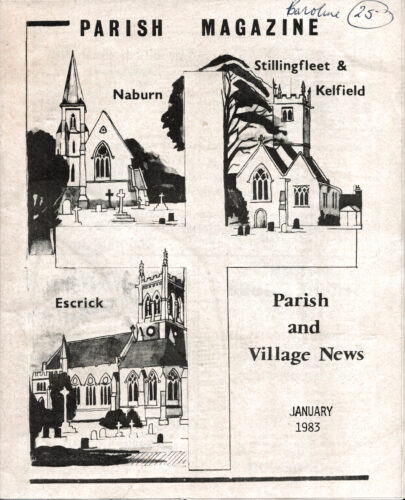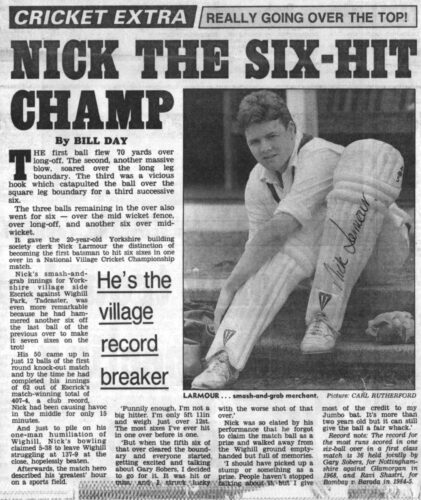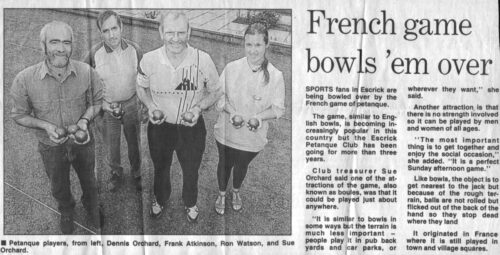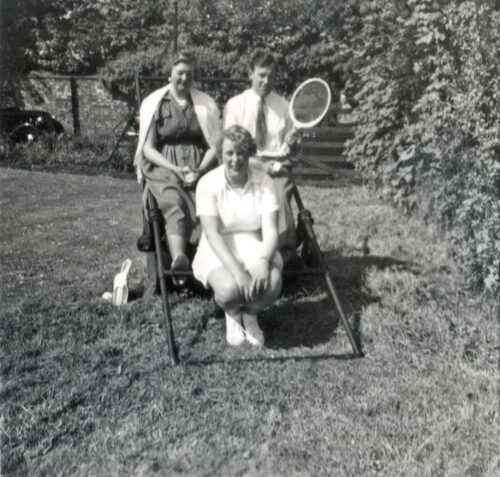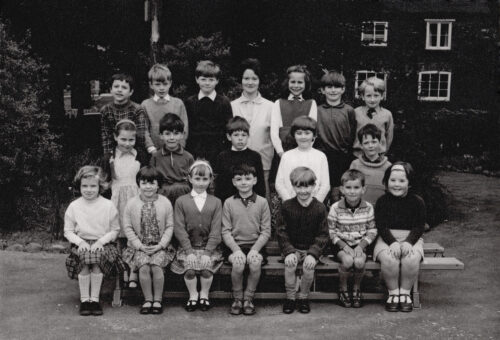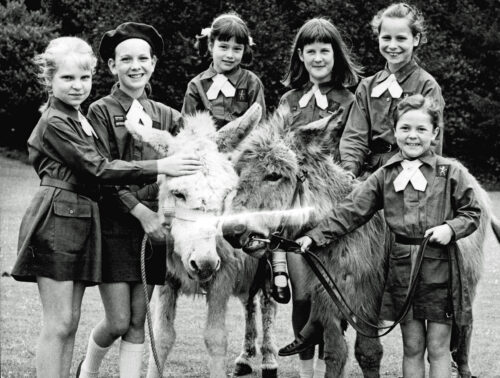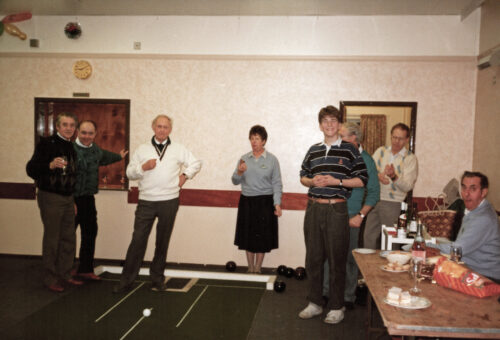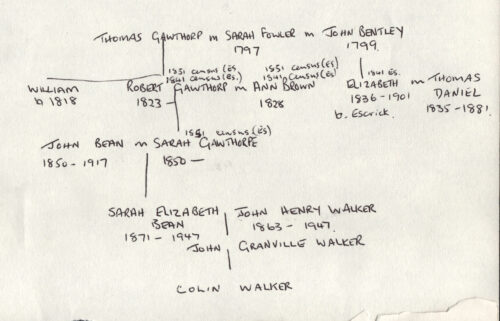EXTRACT FROM MEMOIRS OF GREAT GRANDFATHER HENRY MITCHILL HEATON.
Born 10th May 1847 in Thornhill Edge near Dewsbury.
“The injury to my knee proved so serious that after being at Garforth on probation for a few months, I was finally retired on my pension, my police service having thus lasted three years. The pension was seven shillings per week, so it behoved me to seek out some other occupation, more especially as now I was a married man. While at Garforth I interested myself in a signal cabin that lay on my beat. Watching the signalman I concluded that that was just the job for me, so on retiring from the police force I applied to the North Eastern Railway Company and was accepted. After a short training at York I was sent to Bilton in Northumberland where I perfected my knowledge of block signalling. My wife joined me here, and here our first child, William, was born (1874)……..
…..After Bilton, Earswick near York, where I had charge of Bootham Junction Cabin and level crossing and gates. Here my second son, Thomas Henry, was born (1876). The hours were long, twelve hours a day for seven day week, with one twelve hours off in three weeks. Added to this, my shift partner gave trouble through excessive drinking. I therefore asked for a move and was sent to Escrick, a one street village seven miles south of York, where I had only a six day week, though the weekly hours were never less than seventy two.
The village possessed three characters, the schoolmaster, the cobbler, and the tailor, with whom I struck up an intimate acquaintance. Their intelligent discussions were a constant stimulant to a young man passionately desirous of lifting himself from the mass of his unintellectual surroundings. I remember hearing of the iniquities perpetrated under Enclosure Acts, the Wakefield Act being in all man’s minds, though few understood how it had come about. I continued with the Popular Educator, kept a dictionary in my Cabin, and occasionally wrote to the newspapers, chiefly the “Leeds Mercury”, mostly on railway accidents and how to prevent them. In connection with this, I invented a system of automatically stopping trains, but I don’t think it was taken up. It may have been through these things that I came to know Lord Wenlock, whose mansion, Escrick Hall, lay in the park at the end of the village street. One day the village parson came into my cabin and talked upon improving my position, and that he would use his influence with Lord Wenlock to take up my case. Following this, Lord Wenlock walked into my cabin and asked if he might sit down. As he watched me at work we gradually fell into conversation, first on my work, and on later visits he introduced politics and endeavoured to persuade me to aim at higher things on the railway, offering his assistance with the management. But I was beginning to feel the confinement was telling on my health, my independence was threatened and for other reasons which I cannot now remember I declined his friendly offices. Although my wage had continued at 22 shillings per week, and in spite of family expenses increasing (my third son, Jack, was born during my second year at Escrick in 1877) my wife and I had managed to save money. So after seven years as a signalman, I left the railway service and removed to York.”

This work is licensed under a Creative Commons Attribution-NonCommercial-NoDerivatives 4.0 International License.
Image source – John Heaton
Archive ref – 2023.5.2


